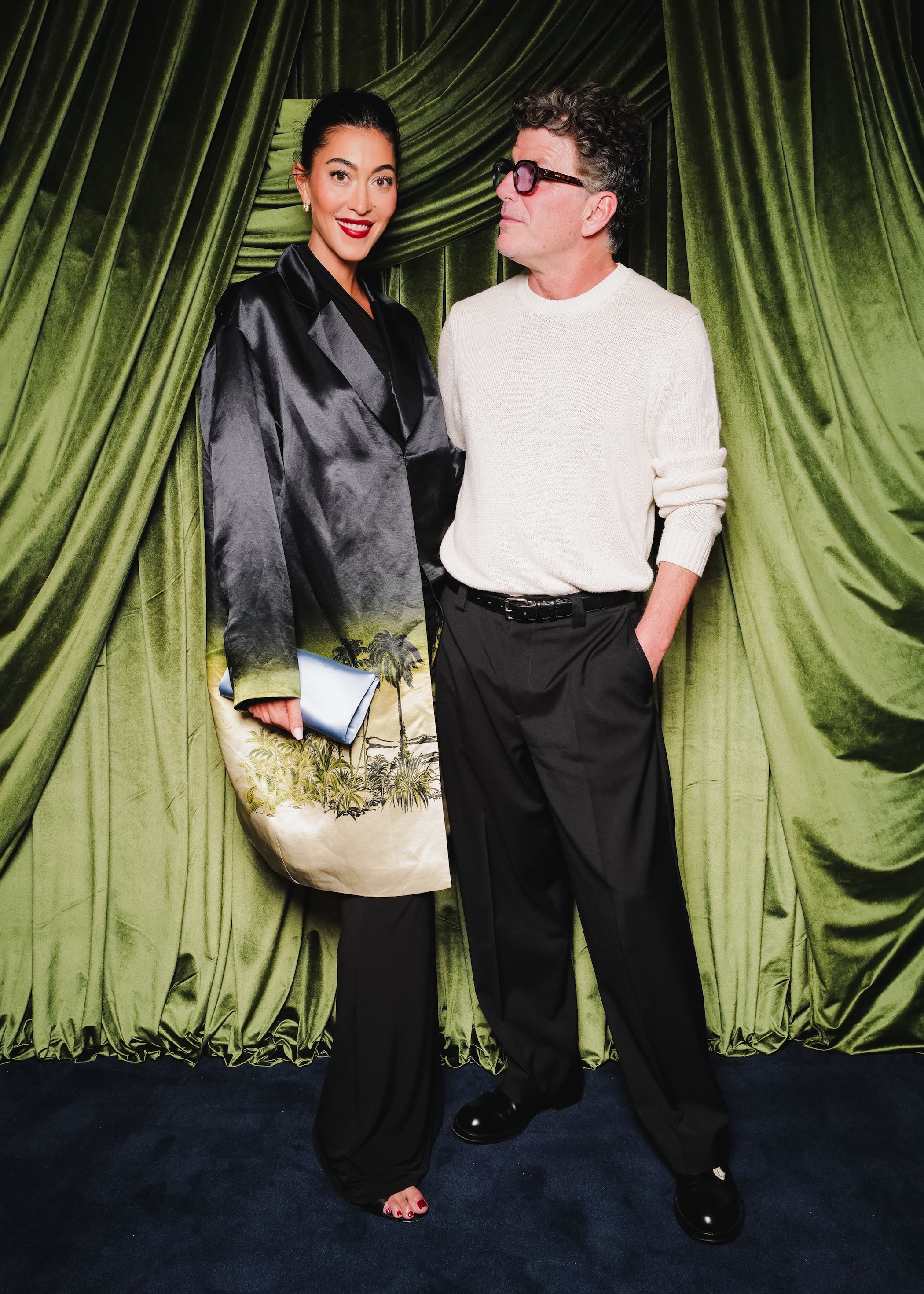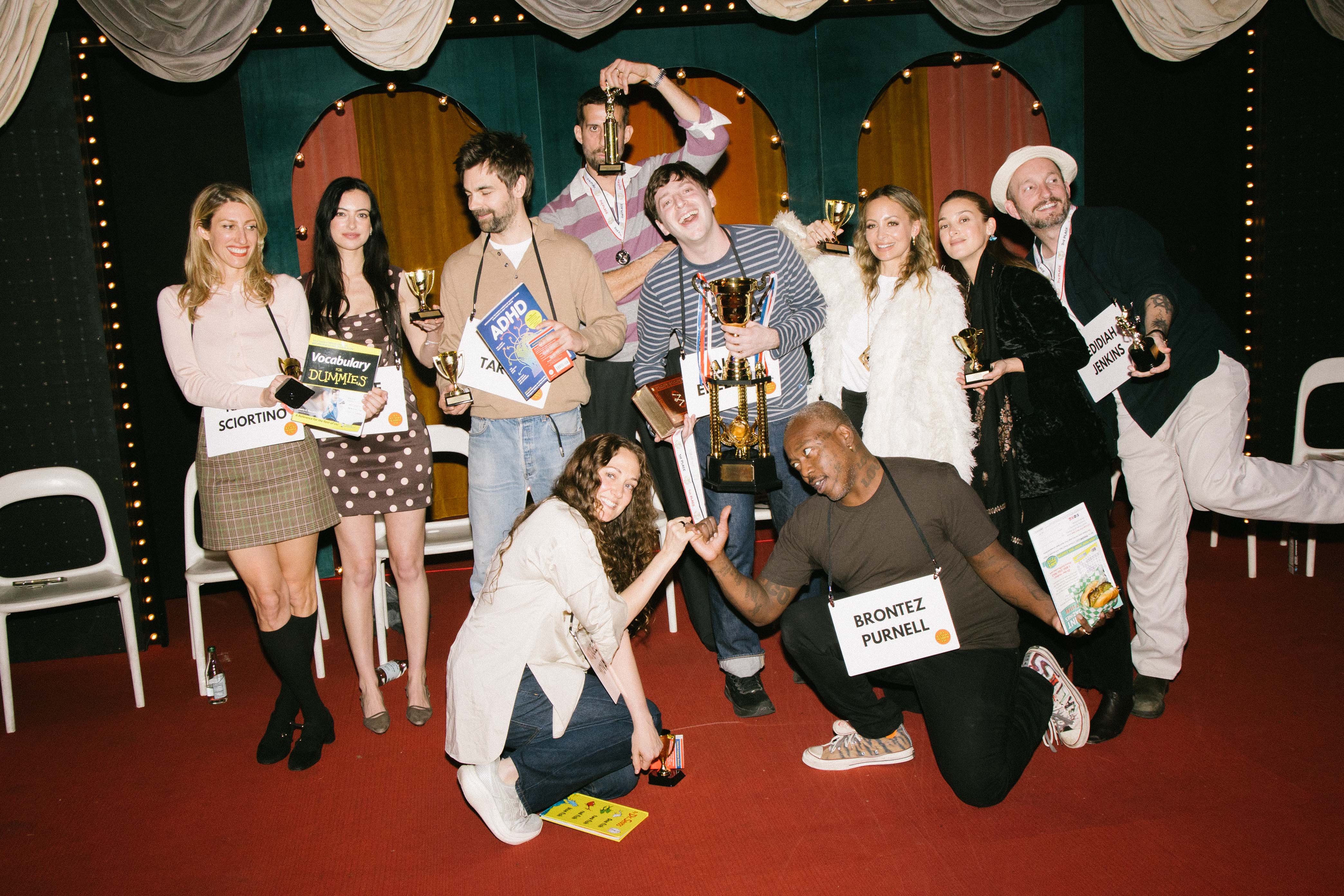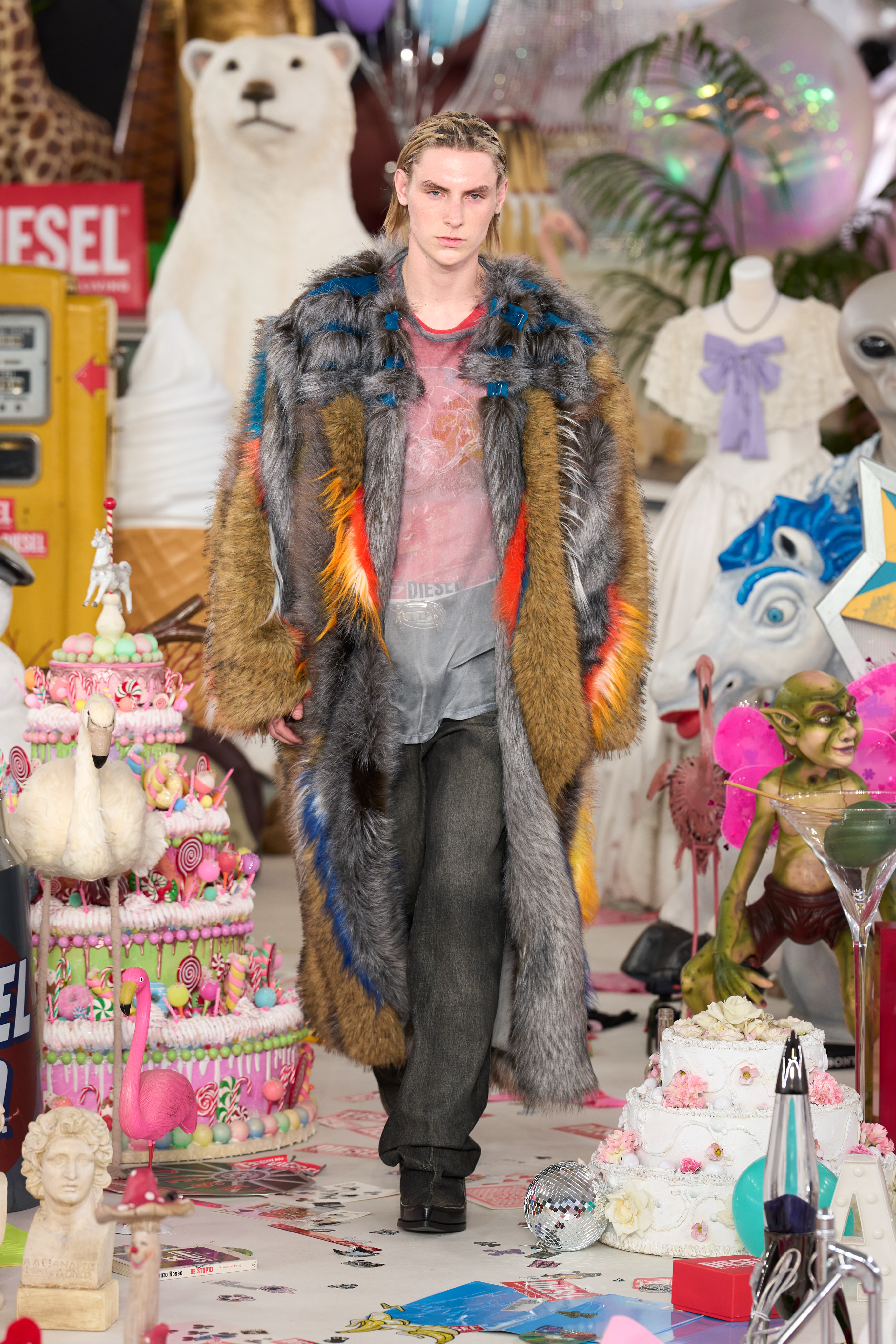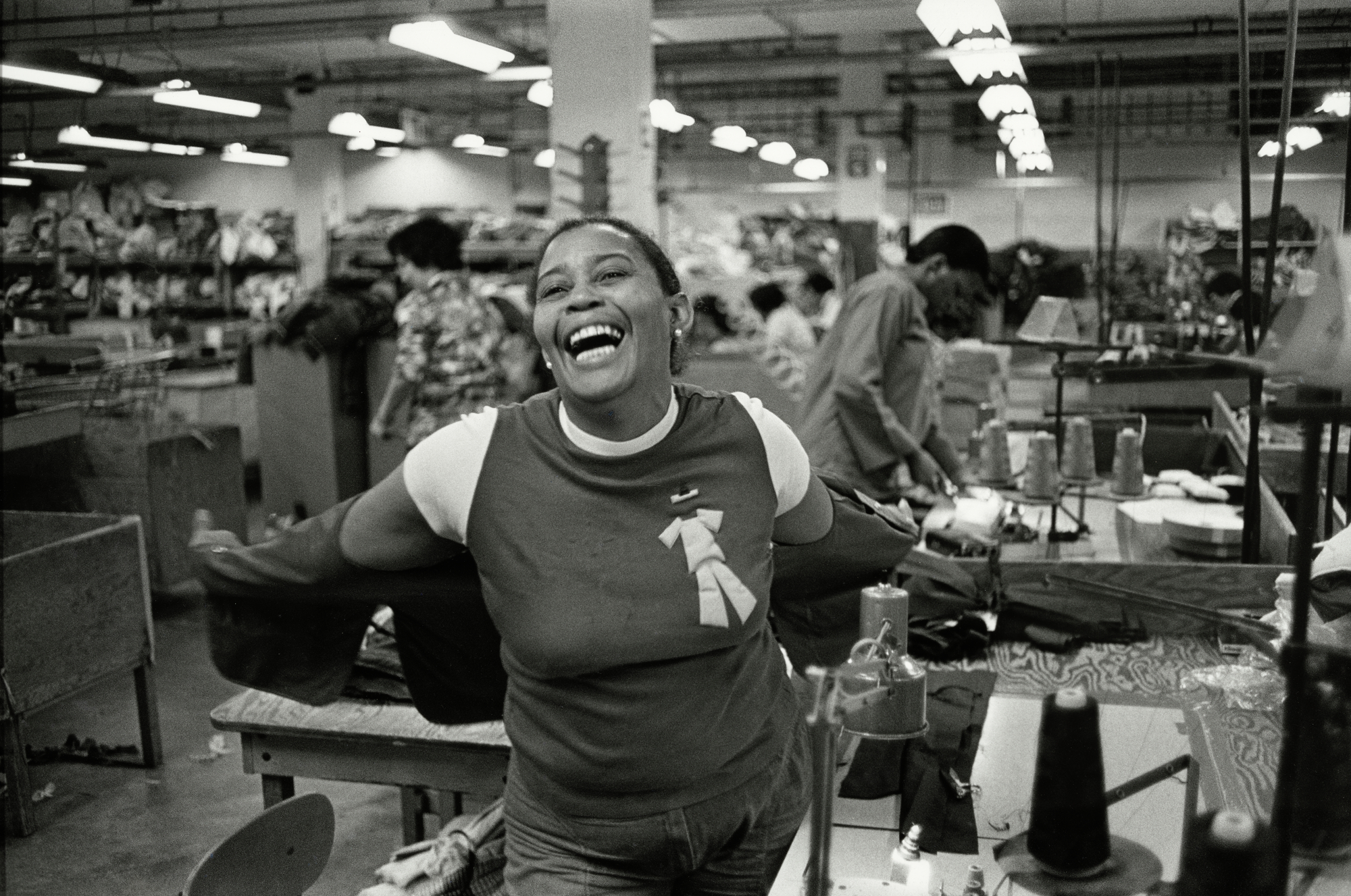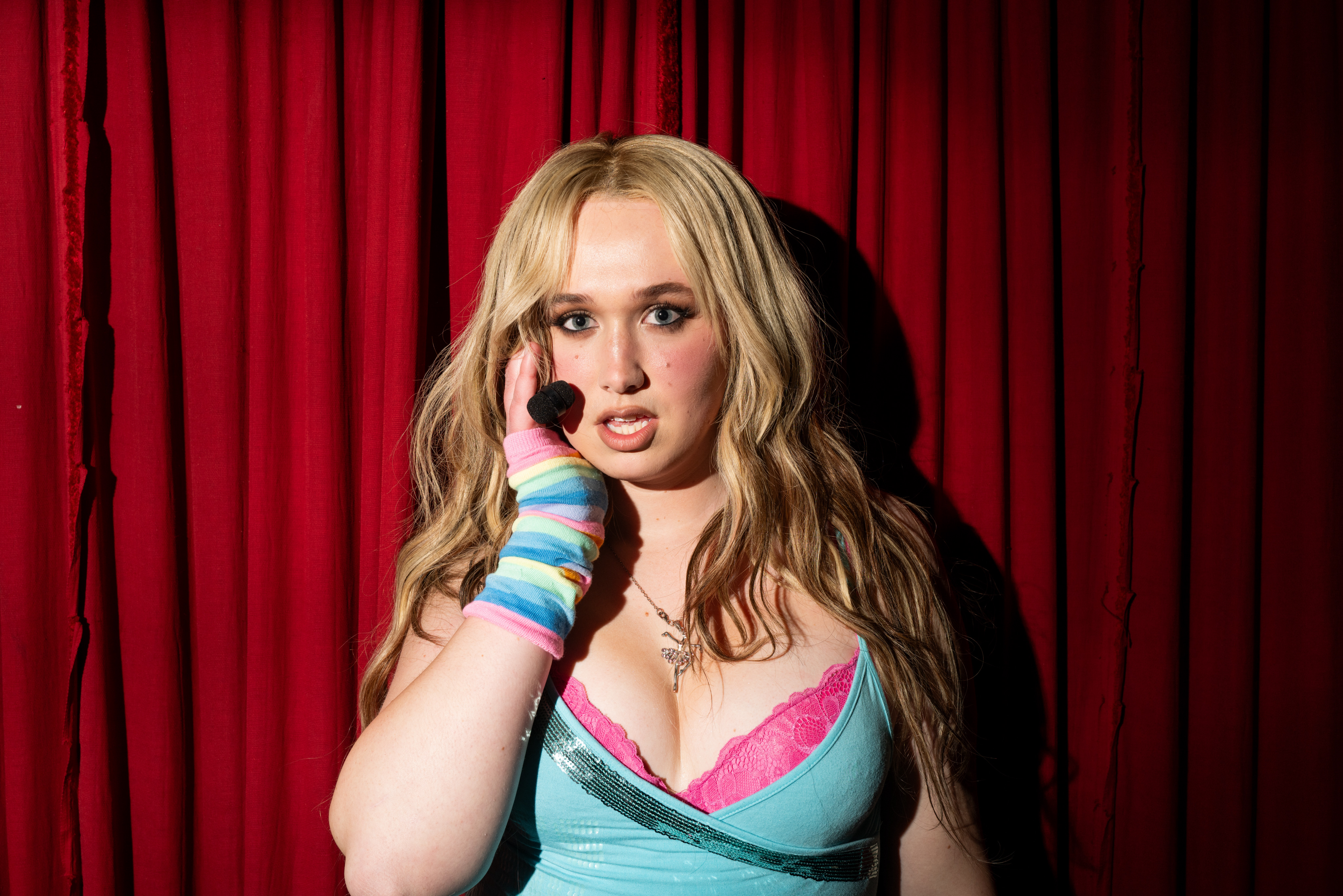

We’re driving into the jungle outside of Viñales to see about some land, and we’re drunk. Drunk on adventure, possibility, rum. As we rip-roar past banana plants and smoky villages, our friend and guide Camilo, behind the wheel, explains what will happen next.
_The land has been in his family for generations. Tobacco farmers. He is open to the future your President describes. Let him do the talking. Drink what he’s drinking._
As he says the last part, he offers us a swig from the bottle of rum he holds between his knees. Rum that is sweet and good like dark honey. Back home, drinking and (literally) driving would be concerning. But I’m not home. I’m in Cuba, a few days after New Year’s, and I’m in love. My boyfriend Leo sits beside me in the ’54 Buick, acting cool. He grins at me from around his cigarette.
It’s the first week of 2016 and we’re in the “Cuban thaw,” the first warming of relations with the U.S. in 54 years. In March, Obama will become the first U.S. President to visit Cuba since 1928. In the same month, Diplo’s trio, Major Lazer, will play a massive free concert, as will the Rolling Stones. Both bands
will make documentaries about it. Soon, Southwest Airlines
will offer direct flights to Havana_._ It’s a time of great hope and joviality, and we are pleased with ourselves for visiting during such a historic transition.
This was before everything that happened next. Before American diplomats stationed in Havana experienced brain injuries from mysterious “sonic attacks,” shutting down the U.S. Embassy and slowing the tourism boom. Before Trump said he planned to “cancel” the deal Obama made that eased trade and travel restrictions to Cuba. Before Fidel Castro died. And it was before the fateful night in Venice Beach, a few months after our trip to Cuba, that Leo’s life was changed forever.
\*\*\*\*
_#9) Cuba just got the internet. When Cuba decided to grant
its citizens Wi-Fi, it wasn’t in their homes, but in a select
few city parks. I found Cubans crowding park benches with their laptops, some families bringing out their entire desktop computers, powered by a series of extension cords, Skyping with relatives in the States they hadn’t seen in years. There’s also an emerging street hustle selling internet cards. Men stand on street corners slapping the cards together likeVegas porn promoters, whispering “in-ter-net, in-ter-net.” Toward the end of the trip I passed by the park again. Every screen I glimpsed was open to Facebook._
—From “17 Things That Surprised Me About Cuba” a blog post I wrote January 24th, 2016
_“Years ago it was difficult to hear our music, but here we are. Times are changing.”_
—Mick Jagger, in Spanish, to a crowd of 500,000 concertgoers, March 25th, 2016
_“You go there, you feel the old cars, kinda old history and you don’t realize there’s you know, over 10 million people and there’s kids there and they want to be part of the world. They want to feel like they’re part of what we’re doing and it did feel like this was their moment.”_
—Diplo, on his documentary “Give Me Future” CBS News, November 21st, 2017
\*\*\*\*
It began as a lark. When Camilo said he was building a hotel here in Viñales, a few hours outside of Havana, and we should be his investors, we all clinked glasses and wished it could be true. Yet here we are a few days later, moved out of
our hotel to live with Camilo in the house he shares with his parents, going to see the land he wants to break ground on. We’ve estimated how much we both have in savings (not a
lot, but maybe enough). We’ve discussed the symbolism of
this hotel, that as young entrepreneurs our partnership could embody the beautiful potential of this new relationship between our two countries. All the materials for the hotel will be made by local artisans, in fact that will be part of the appeal. There will be a juice bar and a pool.
Before we went to Viñales, we’d been bumming around Havana, staying up too late watching Cuban television and (trying to) dance salsa in the sweaty clubs. We’d spent New Year’s Eve with the host family of our _casa particular_, shared their feast of chicken and pork cooked on a DIY barbeque made out of an old propane tank, and discussed rumors the Cuban government will soon expand the legalization of small businesses as part of economic reforms brought on by Obama’s thaw. At midnight, we burned scarecrow effigies with the family in the street and shouted _¡Felicidades!_, walking their dog to a neighbor’s crumbling mansion covered in jungle, where we played dominoes late into the night.
Rum. Salsa. Dominoes. Cars. Cigars. The charming clichés of Cuba ever present, yet authentic. The lack of connection to the outside world equates a culture lived unselfconsciously. Not for tourists. Not for show.
We’d become close with Celia, the daughter of our _casa familiar_, a pretty 19 year-old aspiring photographer with the thickest hair I’d ever seen, which she used to cover up the hickeys given by her boyfriend and true love, whom she was in the process of moving in with. Celia took us to Fábrica de Arte, a multilevel gallery, cinema and dance hall with some of the wildest, most original art I’d ever seen. It was Celia who suggested Viñales.
It’s Leo and I’s first international trip together. We want something big to happen.
\*\*\*\*
_I know for sure
When wrapped in our
Morning-ness
I feel I could never miss
Another cold dawn with you
Waking up to turn off the AC for you
Starting the day’s adventure with you
The Santeria song
Your Spanish cute
But wrong
The night’s over
But the day’s long
—_A poem I wrote to Leo on the bus from Havana to Viñales
_Cuba’s economic opening has significantly lagged those
of other communist states, especially China and Vietnam. Nevertheless, Cuban officials have worried that the number of new entrepreneurs—including Airbnb hosts, the owners of small restaurants and art galleries, and tour operators—was growing too fast. In 2017, the Cuban government froze the issuance of new business licenses.
—_The Washington _Post_, May 11, 2018
\*\*\*\*
Camilo grew up in rural Viñales, a farming village surrounded by lush green _mogotes_ that look like the mesas of Sedona and “Jurassic Park.” Camilo speaks great English and
is handsome and preppy in his khakis and Oxford shirt. He has two daughters and has recently separated from his wife, who’s angry about his young girlfriend who lives a few towns over. He tells us the hotel is the future he’s securing for his daughters. He tells us he’s been praying he’ll meet investors like us— friends first, business partners second. We want to believe him, so we do.
The meeting. The old tobacco farmer has a magnificent face. Deep, storytelling wrinkles and amber eyes. A red hat tipped back. We’re at a restaurant by the sea on the other side of the _mogotes_. He brought us a gift of rum, as did we, so two bottles circle the table. We share crackers and fish served whole, the eyes staring blankly at this unlikely conflux of souls. I can follow most of the Spanish. The farmer is skeptical. How can
he trust us? How can he know this talk of benevolent American influx in the news is true, after all the conflict between our nations?
With Camilo’s help, I tell him that we are a new generation. We have fallen in love with his country and believe a mutually beneficial future is possible. The rum has me speaking passionately and with conviction, if not somewhat like a character in a movie. Leo steps in with the business brass tacks. How much does the farmer want for the land, on which Camilo will spearhead the building of the hotel? The number: $10,000, with a deposit due immediately.
A quick discussion by a palm tree, conducted in whisper. I
don’t have that sort of cash, but Leo does. He’s been saving to make a real estate investment, why not this one? Okay, maybe
I could put in next month’s rent money. _We would own a hotel!_ The news has been full of stories about Americans investing in Cuba for the first time since the Mafia. _We’d be like the Mafia!_ Is that historically accurate? Being like the Mafia is bad? _This could easily be a scam, a bad idea, or both._
We should think about it. We should consult an attorney. We should sober up. We do none of the above, and return to the table ready to shake hands. The old tobacco farmer smiles.
Later, in the back of the Buick as we rattle toward Viñales
I draft a contract in my journal as Leo smokes cigarettes and Camilo sings along to the radio. We all sign, moved to tears. We give Camilo $1,135 for the deposit, all the extra money we have left between us for the rest of the trip. His mother cooks us a feast of lamb and his father tells us January 2014 was the first time a Cuban was allowed to buy a car without a government permit in over 50 years. An American flag, heavy with humidity, waves on their front porch.
Twice, we miss our bus back to Havana. Camilo drives us in the Buick instead. We pick up his girlfriend in the next town for the drive. Her lips are painted red and she’s shy. The only thing she says to us is that she loves the show “The Mindy Project,” which she watches on the _Paquete_, an underground weekly package of programming bought and sold on thumb drives, or, for those who can afford them, external hard drives. She sits right next to Camilo on the bench seat as he drives, her head tucked into the space between his neck and shoulder.
We are sad to leave this island nation. Sad to leave the quirks borne of necessity, like the pizza stand that gave us used printer paper instead of napkins, a result of the overall shortage of paper goods. Sad to not hail taxis that looks like _American Graffiti_ from the outside and a new Peugeot on the inside,
with only _one_ handle to roll down every window. Sad to depart a land that’s virtually free of advertisement, a by-product of being a Communist country. No messages shouting at you from billboards or bus stops. No suggestions on what to eat, think, wear.
We are sad to leave, but we are invested now. Literally. We have the hotel. We will be back.
\*\*\*\*
_For the first time in decades, Cubans have a president whose
last name is not Castro. But as the new president, Miguel Díaz- Canel Bermúdez, takes his first strides to govern an economically distressed country that is perennially in crisis, he will do so
with a ring of Castros, and their various spouses and children, around him. Fidel Castro died in 2016 at 90, and his eldest son, nicknamed Fidelito, killed himself this year. But (Fidel’s brother)_
_Raúl Castro, who stepped down on Thursday after two terms as president, remains the leader of the Communist Party and the head of the armed forces.
—_The New York _Times_, April 19th, 2018
_This is how the Paquete works: During the week, different “experts” gather content for their respective verticals: music, film, TV, Netflix, awards shows, magazines, classifieds, and so on. The content comes from various sources: high speed Internet for the few who have it, bootlegged copies, friends in Miami. At any given time, three to five Paquetes will be in circulation in Havana, produced by different people but assembled the same way: On Thursdays, all the content aggregators gather in one location (obviously, sending big files via email is not an option) to upload their bounty to a single hard drive: El Paquete. —Billboard_, May 15th, 2018
_In one of the film’s many laugh lines, the young man running the Paquete says Netflix has contacted him for distribution-network pointers. That pleases him, because he admires their business: “Netflix is an online Paquete.”_
_—The Verge_ review of Diplo’s doc “Give Me Future,”
November 11th, 2017
\*\*\*\*
As we came back to earth from the travel high, in which
one is eternally in the now and all things are possible, we started having Serious Discussions.
This new relationship between America and Cuba was shaky at best; what legal rights to the property could we really have? Then there was the litany of ethical questions. We were attracted to what seemed like a good deal and a good story, but were we taking advantage of them, getting their hopes up? Were they scamming us, or were we scamming them? Then there were the practical questions. Why didn’t we sign the contract with the farmer, why only with Camilo? Was Camilo taking advantage of the farmer? Did the farmer really intend to sell his land? What did this land even look like, and what about blueprints for the hotel?
If it _was_ a scam, it was an elaborate scam with a lot of characters. Could that farmer possibly have been contacted ahead of our drive from Viñales to pretend he was looking to sell his farm and help Camilo swindle us out of the “deposit” (and possibly $10,000)? Camilo’s parents would have to be in on it, maybe even the girlfriend with the red lipstick. If it _was_ a scam, they were Oscar-worthy performers, because we believed them every step of the way. It _felt_ real.
At first, the emails from Camilo were friendly. Checking in, expressing excitement, sharing progress on the project. Then the emails got more frenzied, with requests to send money to a bank account in Miami, then to another in Mexico. Leo spoke to an attorney, who advised asking Camilo to send a photo of his passport and the land deed, neither of which he could provide. But he always had a valid excuse, and we wanted to believe him. We kept returning to one little kernel of possibility, _but what if it’s real_? What if deals really can be made on a handshake and faith, good intentions and good rum? We surmised the best thing to do was take another trip to Viñales.
Fate had other plans.
One chilly March evening in Venice Beach, Leo went down the street from his apartment to pick up ramen. Coming home on his skateboard, he was T-boned by a Range Rover. The SUV drove over his legs. Twice. Both the front and back tires. His femurs were crushed, and a vertebrae was fractured. It was no one’s fault_—_just dumb luck.
The first thing he said to me when I walked into triage: “I guess this solves the Viñales question.”
After staying all night at the ER, I went to his apartment the next day to get him some things. He’d lit a candle before he went to get the ramen, and it was still burning. That killed me. He thought he’d be right back.
_So sorry sister, what I can do for you? Sending lots of love.You can count on me.
—_Facebook reply from Celia when I wrote to her about the accident (translated from Spanish)
Two surgeries and several screws and plates put Leo’s legs back together. If you’re going to get run over by an SUV, the femurs are the place to do it. It’s the only part of the body that can withstand that much pressure without crushing an organ or requiring amputation.
He was in the hospital for nearly a month. A long fever dream best told in details. The nurses poking and prodding. The beeping of the heart monitor. The scratchy sheets. The bland food. The contraption his legs are pinned in to restrict movement. The unimaginable pain. The prison of the hospital room relieved only by pretending to be elsewhere. Somewhere like Cuba.
We talk about what we’d seen and experienced, the details. The unique clothes Celia wore, like the blue shirt passed back and forth amongst her friends, one sewing on lace, another adding sleeves. Buying new clothes wasn’t an option, but getting creative was. How we brought beer the first night she stayed
in the new apartment with her boyfriend and they offered us a joint, which we found out later they’d gone to great lengths to get.
We laugh about how Leo always said _Estoy barato_ (I’m cheap) when he meant to say _Estoy borracho_ (I’m drunk). About the night in Old Havana we didn’t have enough money to pay for dinner because we kept buying the house band shots of
rum. We talk about how the mansion where we played dominoes was merging with the jungle, vines snaking through the house, pushing up through cracks in the patio. We say we hope
Cuba doesn’t change too much, now that tourism is less restricted. We say we must remember that’s a self-serving gringo attitude. Progress is good for the Cuban people. Change is good.
\*\*\*\*
_Land, money and business are not important in this moment.... if you want come to Cuba for Leo to get better I’m going_
_to figure out everything in a good hospital and you can be in a place I’m renting in Piñar del Rio, 25 km from Viñales._
_just tell me!!! We will live together and help him get well! I’m praying to God that everything became better to you and Leo.
A big hug I love you both very much and we will always be in touch, I promise and in a few months or when God wants we will make another project even better. but together like the first day. everything will be fine._
_—_Camilo’s response when I emailed him about the accident \*\*\*\*
When we finally told Camilo we wouldn’t be pursuing the hotel at this point, that all resources must go to Leo’s healing, he replied that he understood. He still reached out every few weeks, staying up on his recovery. He never asked us to send money again. Which leaves us with the conclusion our hotel deal _was_ real. If all he wanted was money, he would’ve stopped writing once he knew he wasn’t getting it.
Leo was in a wheelchair for the entire summer, then a walker. On the one-year anniversary of the accident, we took our second international trip to celebrate, this time to Mexico. He no longer even needed a cane. On the trip, we had a heart-to-heart, acknowledged we’d become more like best friends, and broke up. We’re best friends to this day.
Often, I find myself checking in on Cuba. How have the people fared with all the changes? The big momentum towards a new future, the big pushback when Trump took office? I search the Internet, a luxury I’ve had since middle school. I read that the Cuban people now have 3G on their phones, how on a travel blogger’s account of a recent trip to Havana, she saw, for the first time of her many visits, young Cubans glued to iPhones. In February 2019, a new constitution was voted in and written with the input of every day Cubans, who were consulted over a series of thousands of meetings. Private property and foreign investment are protected, gay marriage is still out.
The relationship between the U.S. and Cuba is back on shaky ground following the bizarre, Twilight Zone-esque “sonic attacks” in which foreign diplomats experienced crushing headaches and dizziness that lingered for weeks, brought on like a lightning strike in their own Havana homes, seemingly targeted by a malevolent energetic force. An investigation into the attacks did little to explain who was responsible or what had even really happened, but it did lead to the CIA closing up shop in Havana.(7) The ailment has been called the Immaculate Concussion, Havana Syndrome, or more simply—_The Thing_. It’s another twist in an ongoing saga between our two nations. The future remains unclear.
I think often about that tobacco farmer, with the amber eyes. His red hat and weathered hands. If you’re ever there, beyond the _mogotes_ of Viñales, in a tiny village by the sea, buy him a bottle of rum. Ask if he remembers me. Ask if everything that happened was true.
* * *
_Illustrations by_ [**Matt Rota**](https://www.instagram.com/matt.rota/?hl=en)

.jpg)
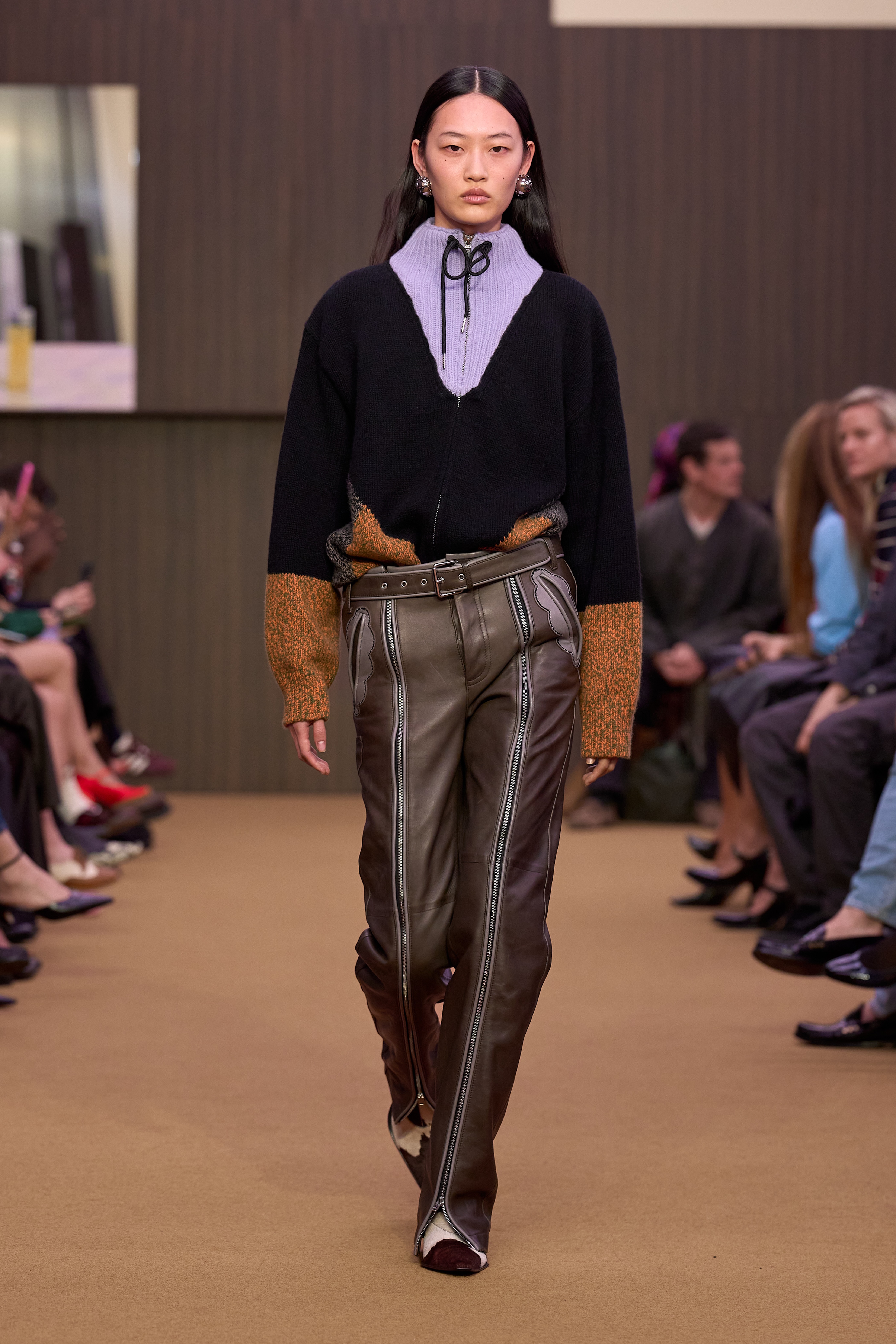
.jpeg)
